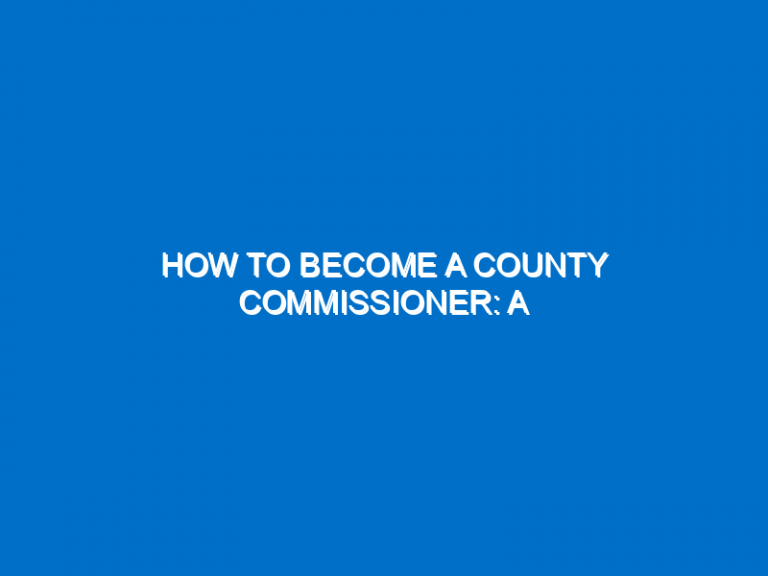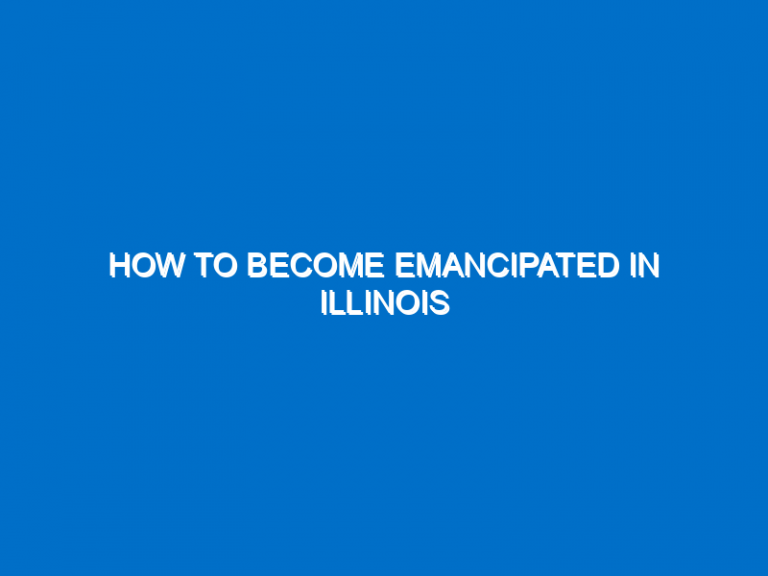Are you considering a career in wilderness therapy? You’re in luck – it’s an incredibly rewarding profession. Wilderness therapy combines clinical therapy with outdoor experiences to help individuals overcome mental health issues, addiction, and behavioral problems.
In this comprehensive guide, we’ll explain what wilderness therapy is, how to become a wilderness therapist, the benefits of wilderness therapy, and some frequently asked questions. Read on to learn more about this unique form of therapy.
What is Wilderness Therapy?
Wilderness therapy is an outdoor-based therapy program for individuals struggling with mental health issues, addiction, and behavioral problems. It combines experiential learning with traditional therapy techniques to help individuals gain a new perspective on life.
The focus of wilderness therapy is on personal growth and development, rather than just treating the symptoms of a disorder. It takes place away from the distractions of everyday life, allowing individuals to focus on their personal goals.
In wilderness therapy, individuals are typically taken on camping trips, hikes, and other outdoor activities. During these trips, they are encouraged to interact with nature and engage in outdoor activities. They are also given the opportunity to develop problem-solving skills, build self-confidence, and learn new ways of coping with difficult emotions.
How to Become a Wilderness Therapist
If you’re interested in becoming a wilderness therapist, there are a few key steps you’ll need to take.
First, you’ll need to get a bachelor’s degree in psychology, counseling, or a related field. This will give you a foundation of knowledge that will be useful for your future career.
Once you have your degree, you’ll need to get a master’s degree in counseling or a related field. This will give you the skills and knowledge you need to practice as a wilderness therapist.
Once you have your master’s degree, you’ll need to get certified to practice as a wilderness therapist. You’ll need to complete additional coursework and training to become certified in wilderness therapy.
Finally, you’ll need to get licensed to practice as a wilderness therapist. You’ll need to pass a state licensing exam to be able to practice as a wilderness therapist.
Benefits of Wilderness Therapy
Wilderness therapy has many benefits for individuals struggling with mental health issues, addiction, and behavioral problems. Here are some of the main benefits of wilderness therapy:
– It helps individuals gain a new perspective on life.
– It provides a distraction-free environment to focus on personal growth and development.
– It encourages individuals to interact with nature, which can be calming and therapeutic.
– It helps individuals develop problem-solving skills, build self-confidence, and learn new ways of coping with difficult emotions.
– It helps individuals develop a sense of responsibility and accountability.
Frequently Asked Questions about Wilderness Therapy
What qualifications do you need to become a wilderness therapist?
To become a wilderness therapist, you’ll need to have a bachelor’s degree in psychology, counseling, or a related field, a master’s degree in counseling or a related field, and certification and licensure to practice as a wilderness therapist.
How long does it take to become a wilderness therapist?
It typically takes four to six years to become a wilderness therapist. This includes the time it takes to get a bachelor’s degree, a master’s degree, and certification and licensure.
What is the average salary of a wilderness therapist?
The average salary of a wilderness therapist is around $60,000 per year.
What kind of training is required to become a wilderness therapist?
To become a wilderness therapist, you’ll need to complete additional coursework and training to become certified in wilderness therapy. This training will include wilderness first aid, outdoor living skills, wilderness navigation, and wilderness risk management.
What is the job outlook for wilderness therapists?
The job outlook for wilderness therapists is positive. There is a growing demand for wilderness therapy, as more people are seeking out alternative therapies to help them cope with mental health issues, addiction, and behavioral problems.
Conclusion
Wilderness therapy is an incredibly rewarding profession. It combines clinical therapy with outdoor experiences to help individuals overcome mental health issues, addiction, and behavioral problems. To become a wilderness therapist, you’ll need to get a bachelor’s degree in psychology, counseling, or a related field, a master’s degree in counseling or a related field, and certification and licensure to practice as a wilderness therapist.
Wilderness therapy has many benefits for individuals struggling with mental health issues, addiction, and behavioral problems. The job outlook for wilderness therapists is positive, as more people are seeking out alternative therapies to help them cope with mental health issues, addiction, and behavioral problems.
If you’re considering a career in wilderness therapy, we hope this guide has been helpful. Good luck on your journey!





